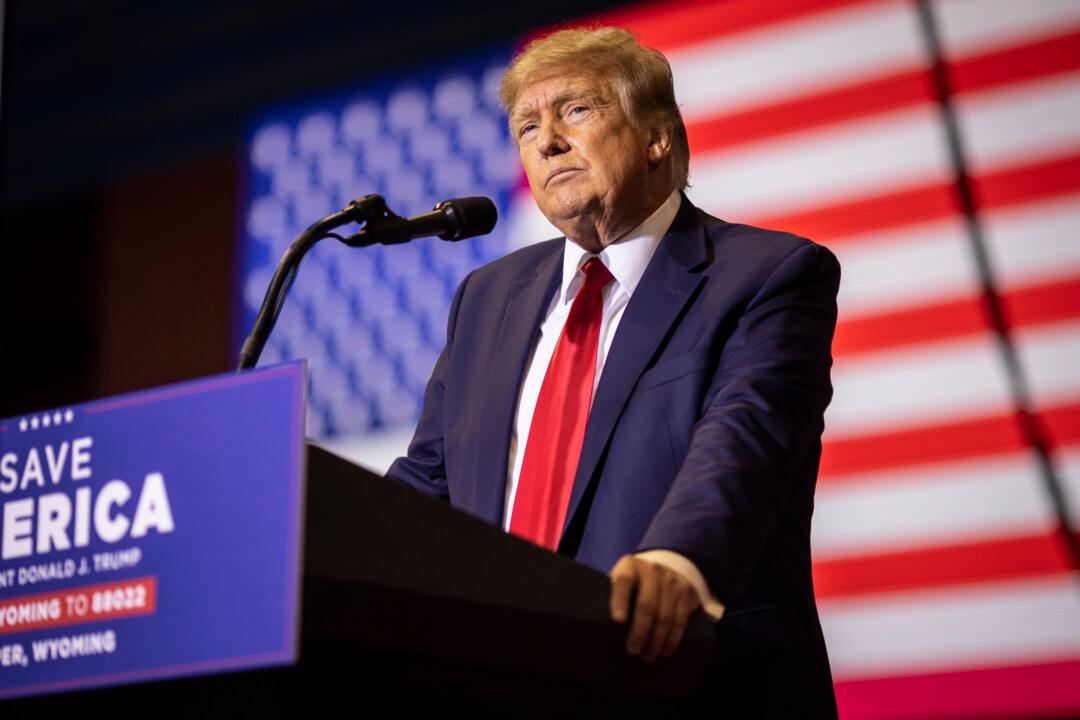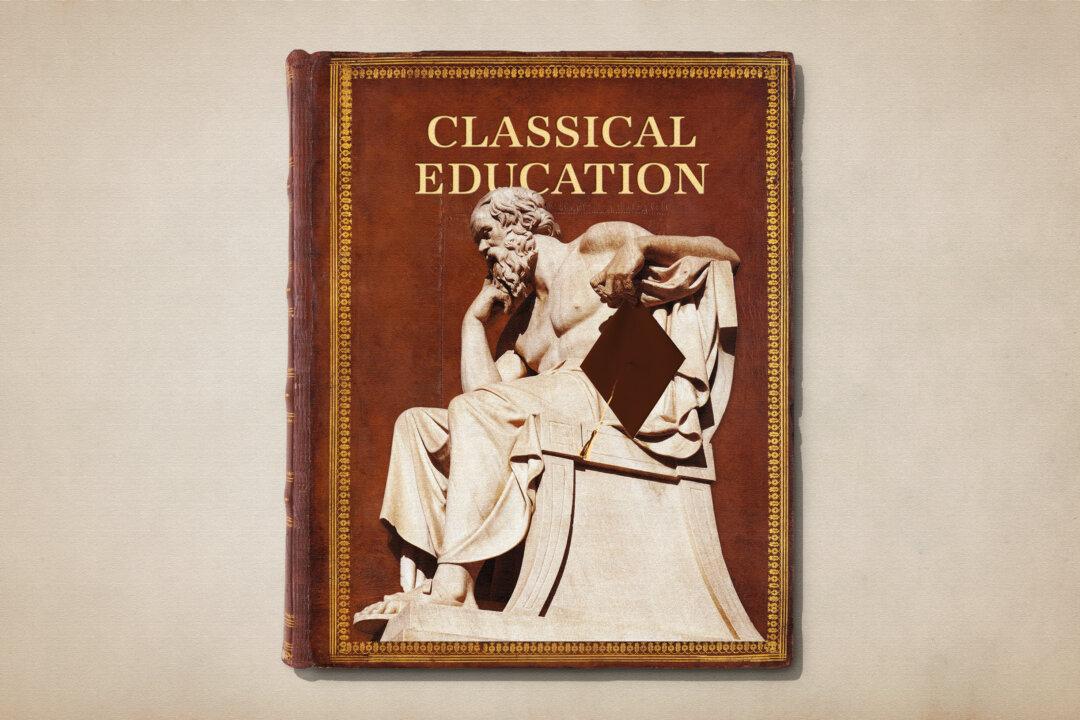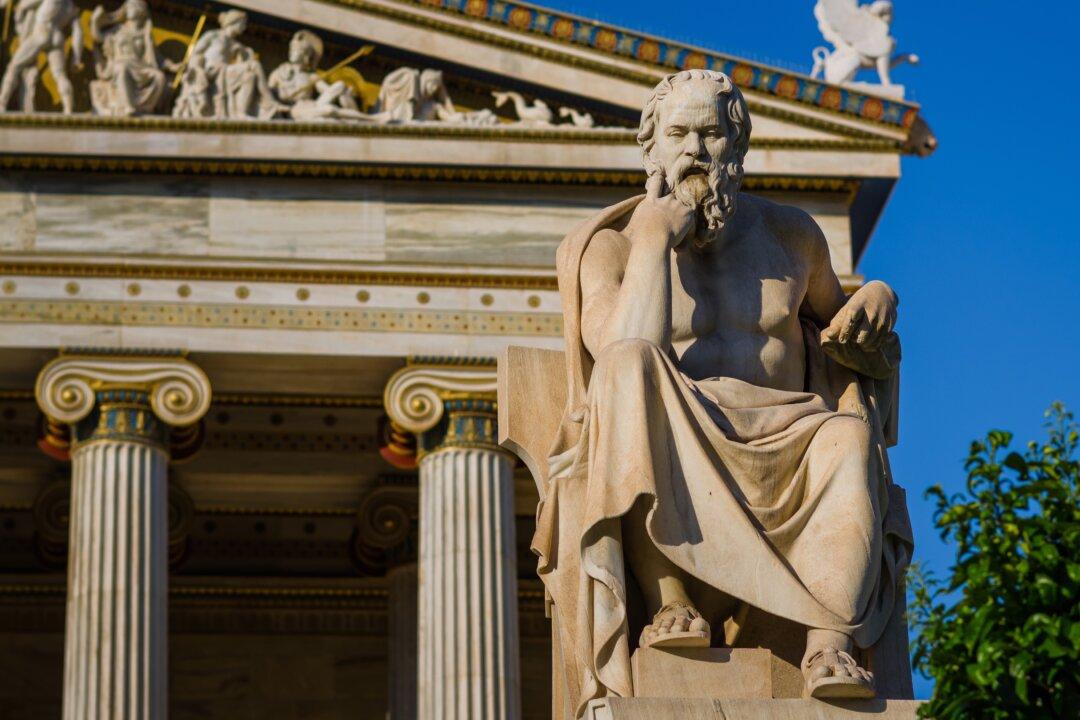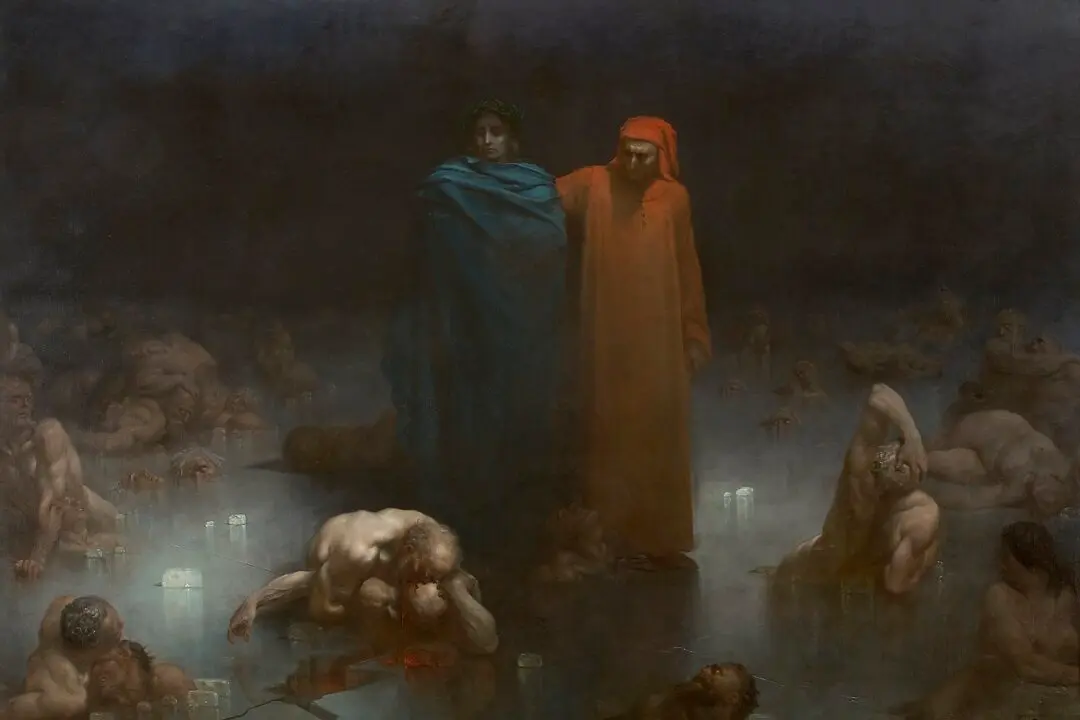Commentary
It’s already 5 1/2 years since that November day and night that shocked the liberal world. I know what it did to my faculty and media colleagues, but the bigger impact on the United States isn’t so clear.
One is tempted by the response of the Chinese communist when asked about the impact of the French Revolution: “It’s too early to tell.” That’s the long view of the Marxist, who looks for deep structural changes in society whose effects take longer to materialize, not small reforms or changes in policy that start immediately. To him, a rise in the tax rate on high incomes, a new welfare program, a tougher environmental regulation, and other customary progressive proposals are just that—adjustments of custom, not radical transformation.That’s why liberals accept them, our Marxist would say: because they leave the liberal order intact. To break that order, or any other longstanding hegemony, takes time and, often, drastic measures.





